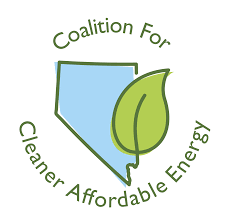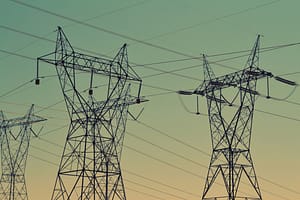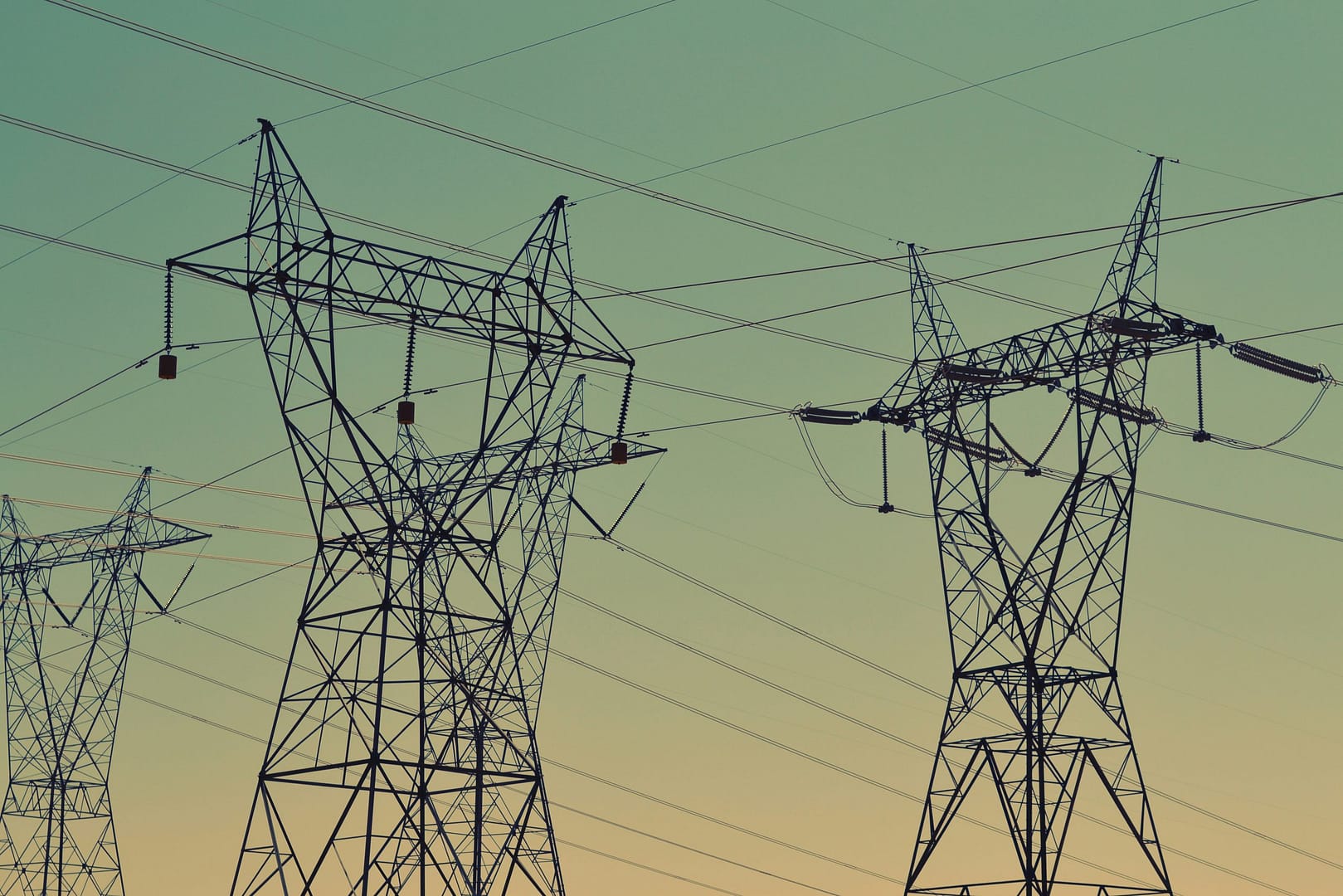

The Coalition for Affordable and Regular Electricity (CARE) has criticized the recent decision by the Nigerian Electricity Regulatory Commission (NERC) to increase electricity tariffs, demanding an “immediate reversal of the tariff increase” and a halt to the privatization of the power sector.
In a statement issued by its national coordinator, Comrade Chinedu Bosah, the coalition declared, “Outrageous Tariff Hike Amidst Growing Cost Of Living Is Insensitive: Trade Unions And Pro-Masses Organisations Should Lead Resistance Against Tariff Hike.” CARE urged the leaders of organized labor and pro-masses organizations to “mobilize workers and community people for a struggle to resist both the current and planned electricity tariff hike.” The group vehemently condemned the “incessant increase in tariffs on essential commodities and public utilities by the President Bola Tinubu-led administration,” labeling the tariff hike as “discriminatory” and demanding its reversal.
The coalition lamented the disproportionate impact of electricity costs on businesses and industries in Nigeria, which “reportedly constitutes 40% or more of the total cost compared to 10% in China.” This high cost, according to CARE, is “one major reason many companies closed down and relocated abroad,” leading to a higher unemployment rate.
The group also disputed claims that the “outrageous tariff hike for Band A will exclusively affect the rich and middle class,” arguing that “it will also affect workers and the poor.” CARE accused the Tinubu government of being “all out to protect the profit and greed of a few while it cares less about Nigerian workers and the poor.”
Moreover, CARE criticized the government’s approach to electricity distribution as aiming “to create an apartheid-styled electricity distribution system entrenched in massive exploitation.” According to the group, this system would ensure that “communities dominated by the middle class and the rich get 20 hours or more electricity daily while communities dominated by workers and the poor get little or no electricity daily.”
“In this type of unequal and discriminatory electricity distribution, Band A, which represents about 15% of consumers, might receive over 50% of the power supply, leaving the remaining 85% of users with less than half of the electricity,” the group argued. They pointed out that the power sector, initially developed and financed by the Nigerian public including workers and the impoverished, now seemingly operates on the principle of “robbing Peter (workers/poor) to pay Paul (the rich).” The coalition stood firm on the belief that “every Nigerian, regardless of social status, deserves equal, affordable, and uninterrupted access to electricity.”
The coalition argued that equitable distribution of social amenities like education, healthcare, and electricity is essential, suggesting that while the All Progressives Congress (APC) led government could implement progressive taxation on the wealthy, essentials must be made available to all without bias.
The statement highlighted, “The excessive tariff hike for Band A follows a series of increases across other Bands. In Abuja, customers are now compelled to pay N63.24/kWh; those in regions serviced by Enugu Electricity Distribution Plc (EEDC) face rates of N59/kWh; Ikeja Electric customers have tariffs of N56.60/kWh; and users in the Benin Electricity Distribution area are charged N60.10/kWh. With these adjustments spanning the 11 Distribution Companies, the increase ranges from N55/kWh to N63/kWh, averaging around N60/kWh, which constitutes an approximate 20% rise.”
“These increases arrive amid severe economic challenges and escalating poverty, likely to cause further financial strain, inflation, and rising costs of production and services, while also increasing the number of individuals disconnected due to inability to afford the new rates.”
“On January 17, 2024, NERC’s chairman, Sanusi Garba, announced that despite the tariff hikes, the federal government continues to subsidize electricity, with plans to allocate N1.6 trillion for subsidies in 2024. Garba detailed that, for Ikeja Electric customers, the cost-reflective tariff is N112.10/kWh, with the government contributing N55.50/kWh and customers paying N56.60. For the Abuja Electricity Distribution Company (AEDC), the government’s subsidy rate is N58.12/kWh, while customers are charged N63.24/kWh.”
“In April 2024, the Minister of Power, Mr. Adebayo Adelabu, disclosed that the federal government’s subsidy expenditure stands at N2.9 trillion, outlining a strategy to phase out this subsidy over three years. This strategy suggests that the significant tariff increase for Band A consumers serves as a preliminary trial, with the anticipation of further increases across other Bands until the attainment of the purported cost-reflective pricing,” the group stated.
The statement further expressed concern over the continuous escalation of electricity tariffs, attributing this trend to various factors including the Naira’s depreciation, inadequate infrastructure, and a lack of investment in essential sectors. This situation is exacerbated by the power companies’ collaboration with the government, driven by a quest for excessive profits, resulting in the systematic increase of electricity tariffs following the gradual elimination of subsidies.
“The discrepancy in subsidy figures between the NERC’s chairman, Sanusi Garba, who quoted N1.6 trillion for 2024, and the Minister of Power, Mr. Adebayo Adelabu, who cited N2.9 trillion, signals potential manipulation. The group cautioned the Nigerian workforce against trusting these inflated subsidy claims, highlighting similarities with the petrol subsidy saga, which is plagued by corruption, exorbitant executive compensations, wasteful spending, and inflated costs,” the group criticized.
It also noted, “Despite Nigeria’s ability to produce gas domestically, its pricing in dollars makes it unaffordable. The group urges Nigerian workers to oppose paying international rates for gas and other products where Nigeria holds a comparative advantage.”
The coalition lamented the adverse outcomes of the power sector’s privatization in 2013, including recurring tariff hikes and pervasive blackouts. The national grid’s instability, demonstrated by multiple collapses, underscores the privatization program’s failure, which has seen a staggering increase in tariffs amidst declining household incomes due to inflation. Despite privatization efforts, government bailouts for failing companies suggest privatization has enriched a select few at the majority’s expense.
“Privatization has led to an underwhelming performance in electricity generation, transmission, and distribution, with a significant portion of the population still disconnected from the grid. This failure underscores the necessity for the power sector’s re-nationalization, advocating for public ownership, democratic control, and substantial public investment to reduce costs and ensure affordability for Nigerian consumers, particularly subsidizing costs for the poorest,” the statement concluded.
Read Also: Presidential Villa, Others Face Disconnection Over N923Million Electricity Debt

Сайт (Магазин) loveshop актуальная ссылка в обход блокировки. Всегда готовые закладки (Тайник,Магнит,Прикоп)
Лавшоп, ловшоп, лавшоп даркнет, ловшоп купить, lovshop, lavshop, лавшоп гидра, лавшоп сайт, ловшоп сайт, loveshop сайт
love-shop1
loveshop